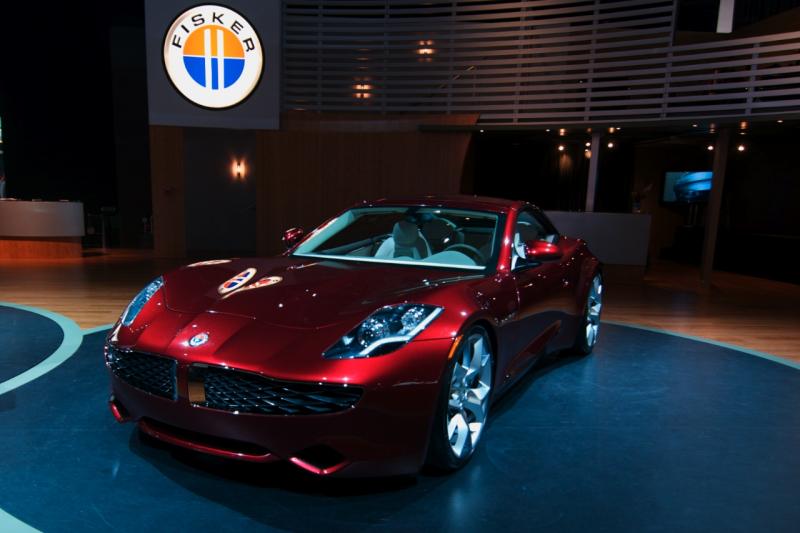China Targets High-Tech U.S. Industries With Direct Investments

Chinese investors announced high-tech deals worth more than $6 billion in the first quarter, including takeovers of Motorola Mobility, IBM's server business, and electric carmaker Fisker, according to a recent report released by The Rhodium Group and Asia Society.
Lenovo Group Ltd., the Chinese PC giant that bought IBM's personal computer division years ago, is spending another $2.3 billion buying a low-end server unit of IBM, says TechCrunch. Earlier, it purchased Motorola Mobility from Google for $2.91 billion. China's Wanxiang Group took in defunct luxury carmaker Fisker in February.
The big-ticket sales capture a shift in China's economic ambition and could be a prelude to the country's departure from being a global manufacturer.
"2014 looks to be a breakthrough year in terms of high-tech deals," said Thilo Hanemann, research director at the Rhodium Group and co-author of the report.
Chinese direct investment in the U.S., after taking off in 2008, reached a record high of $14.1 billion last year, according to the report. The number marked the first time Chinese investment to the U.S. has surpassed the amount of outbound investment dollars to China.
While Chinese money first went largely into energy and real estate sectors, the recent surge in China's investment in the U.S. is attributed to a growing number of deals in high-tech sectors, said Hanemann at a conference in Los Angeles on Thursday.
California, home to clusters of tech communities on the West Coast, is at the forefront of attracting Chinese investors. The state landed 148 deals worth of $1.82 billion from 2000 to 2013.
Tapping into technology-intensive industries in a foreign land, however, has sparked national security concerns.
"It[Cyber security] is the issue of Chinese high-tech investment in the U.S.," said Ivan Schlager, head of national security and cross-border transactions practice at Skadden, Arps, Slate, Meagher & Flom LLP.
In the past, the U.S. government has given Chinese telecommunication giants a bunch of negative ratings citing security threats. In 2011, Huawei Technologies Co., China's biggest network equipment maker, was barred from participating in building a nationwide emergency network. A year later, the U.S. House Intelligence Committee chairman discouraged U.S. companies from doing business with Huawei and ZTE Corp, for fear of intellectual-property theft and spying.
“ZTE ran the second in patent application worldwide [last year]. In fact, we are the driving force in intellectual property because we also want to protect ourselves,” said Cheng Lixin, CEO of ZTE USA. The company had a market share of six percent in the U.S. last year after adjusting its business focus to selling consumer products.



